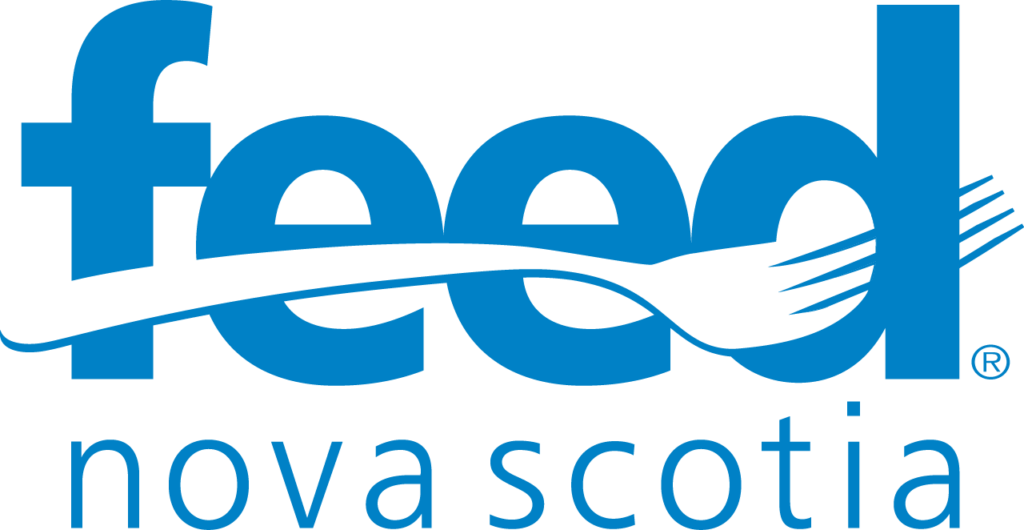Find Food
Food support programs are available in communities across the province.
If you need food, visit ns.211.ca or call 211. They’re available 24/7 to help connect you with resources in your community. You can also use our Find Food tool for information on food banks and meal programs that are within the Feed Nova Scotia member network. If you’ve never accessed support, keep reading to learn more about what to expect on your first food bank visit.
Food banks and meal programs are here to help.
No locations found with that criteria. Try another search.
What to expect:
Take a deep breath, we’re in this together. It’s hard to ask for help, but we’re here to support you.
Each of the member agencies operates a little differently, but here’s some information to give you an idea of what to expect when you visit a food bank.

What to expect when visiting a Feed Nova Scotia member food bank:
Feed Nova Scotia member food banks must maintain certain standards of operating to be members including Food Banks Canada’s Ethical Food Banking Code. They are also independent, often volunteer-run, organizations that operate in different ways. We suggest reaching out to the organization directly to learn more about the specific way they operate if you have questions or concerns.

Regardless of the different ways member food banks may operate, as someone seeking food support you should:
- Be treated with fairness and respect.
- Receive food that is safe.
- Have dietary needs accommodated within reason and according to available resources.
- Be asked to complete an intake and provide personal information, however this is entirely voluntary on your part. You may view sample intake forms and consent agreements below.
- Receive, at minimum, about 3-5 days’ worth of food per person in your household from a food bank that allows a monthly visit. Some food banks might provide less food, but more frequently.
- NOT experience discrimination based on race, ethnicity, residency, age, gender, or religion.
- NOT be asked to provide proof of income or justify need.
- NOT be required to provide money or participate in activities or additional programs in exchange for support.

Food banks might:
- Require you to bring ID for yourself and others in your household. Many food banks have a specific service area. Most food banks will offer an amount of food based on household size.
- Require you to pre-register or make an appointment. Some food banks are using appointments so that people do not have to spend time waiting or stand in lines.
- Have rules about how often you can receive support (once a month, every two weeks, etc.) These are in place to help manage resources.
- Offer you choices about what foods you receive.
- Offer non-food items such as cleaning supplies and hygiene items.
- Offer additional services such as clothing banks, meal programs, food literacy classes, tax clinics, etc.
What if…
Contact the food bank anyway. Many food banks will allow someone else to pick up support on your behalf, or they might even be able to help get it delivered.
Contact the food bank anyway. Especially in an emergency situation, many food banks will try to help you outside of their regular hours.
We always appreciate feedback, so if you’d like to share any about Feed Nova Scotia or its member organizations, please use our contact form. Click here to read our complaints policy.
